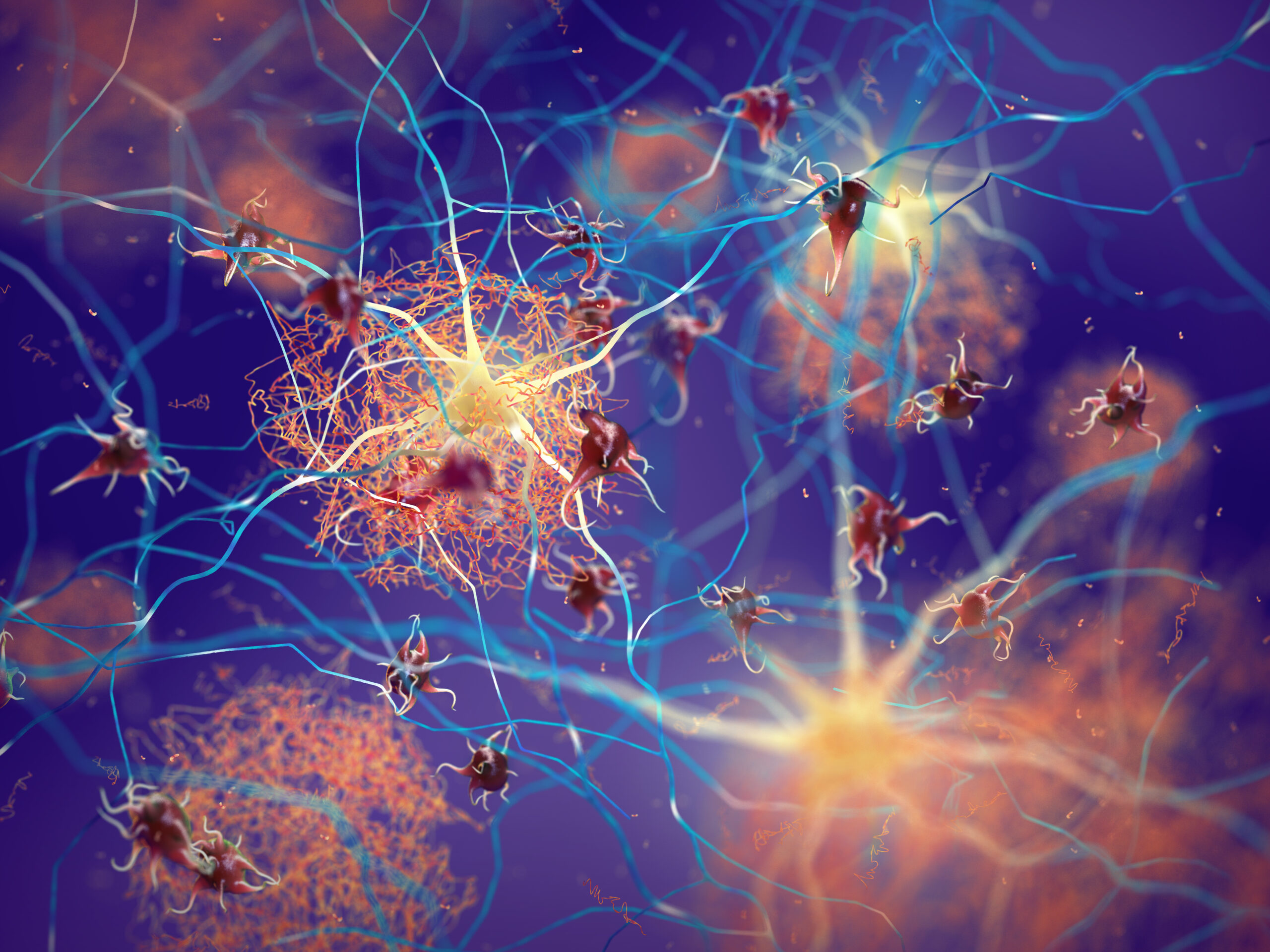Neuroinflammatory diseases are characterized as diseases of the central nervous system (CNS). Multiple sclerosis is the most common disabling neuroinflammatory disease among young adults. It is known as a chronic autoimmune disease where inflammatory demyelination and neurodegeneration occur in the CNS.
Biomarkers play a crucial role in better understanding the complexity of multiple sclerosis and the heterogeneity of the disease, as they allow for improved characterization and prediction of individual patients, ultimately leading to successful treatments. The utilization of biomarkers helps in providing a diagnosis for multiple sclerosis, predicting the prognosis, assessing therapy response, identifying novel treatment targets, and identifying side effects, addressing the unmet needs of multiple sclerosis.







